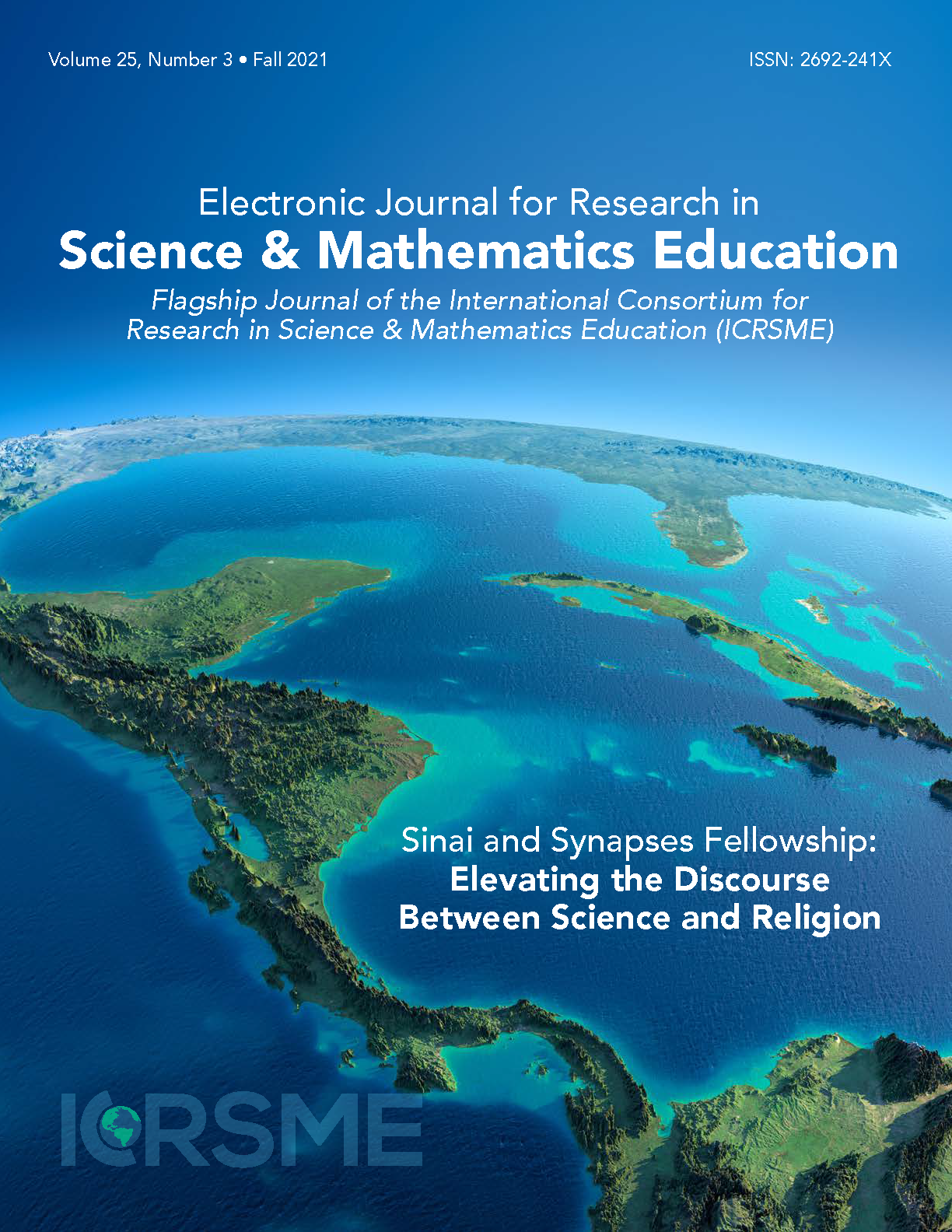Terror Management and Religious Literacy in the Classroom
Main Article Content
Abstract
Over the past decade, Terror Management Theory (TMT) has been widely studied for its role in conflict management and in shaping the behavior of target populations, including in the classroom. Emerging from research on the importance of self-esteem, TMT submits that much of our behavior is driven by death anxiety and its effects are particularly evident when one’s "worldview" is threatened by another, incompatible "worldview." When a student is threatened by learning about a topic that is incompatible with their worldview, their response is more contingent upon their sources of self-esteem and meaning than upon the reception of straightforward information on the topic itself. Their religious identities provide yet another layer of framing for self-esteem and belonging that may or may not interfere with their learning. This paper urges educators to recognize the importance of religious literacy when incorporating the insights of TMT into their pedagogical strategies when teaching topics that may be incompatible with the worldview of many of their students.
Article Details
© 2025 Electronic Journal for Research in Science & Mathematics Education (EJRSME)
